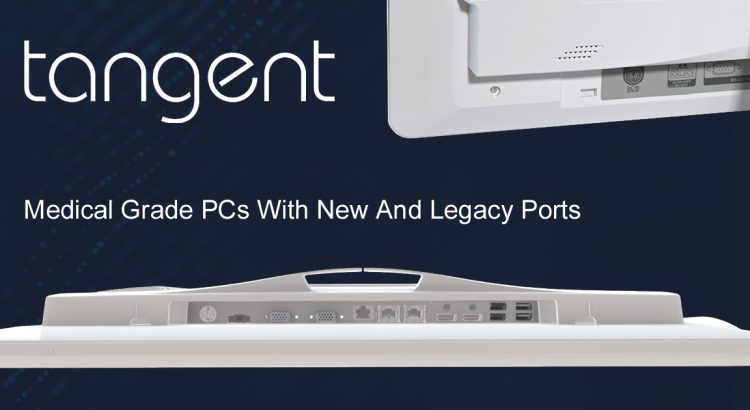The medical grade computers of today look a lot different from their predecessors. They are smaller, faster, and more hygienic than earlier computers. While you have probably noticed most of these changes, there is one subtle area that is easy to forget: input and output ports. Input and output ports, shortened as IO ports, have […]
Category: telemedicine
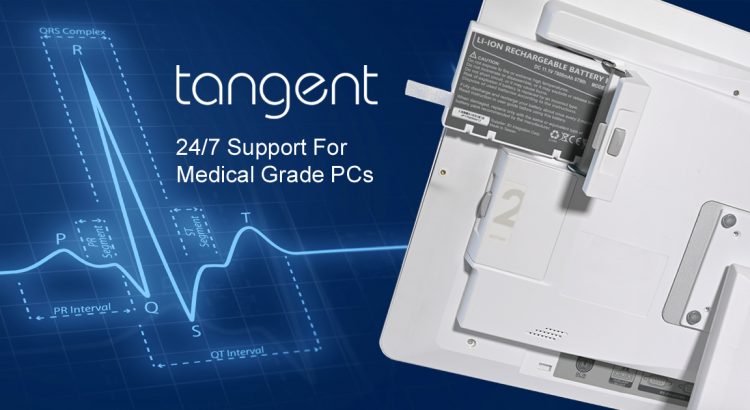
Why 24/7 Support Is Crucial For Medical Grade PCs
Emergencies can strike at a moment’s notice. While dealing with the Pandemic, hospitals and other businesses in Louisiana also had to contend with Hurricanes. While many of these hospitals came out of these hurricanes with only moderate damage, some were not as lucky. Some areas are still recovering even today. On a smaller scale, issues […]
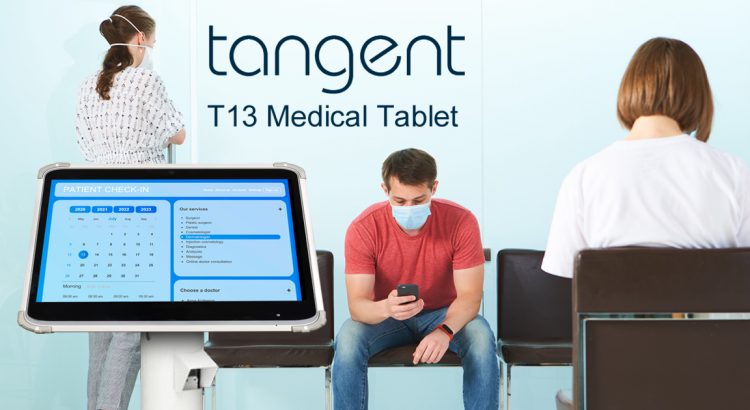
Easy Self-Service Kiosks For Hospital Use
How does your hospital handle patient check-ins? Often hospitals rely on medical assistants or front desk attendants to check patients in. Simple check-ins do not require taking up these worker’s time. Self-service Kiosks that utilize medical computers can help your hospital automate patient check-ins, leaving your medical staff with more time to answer patient questions, […]
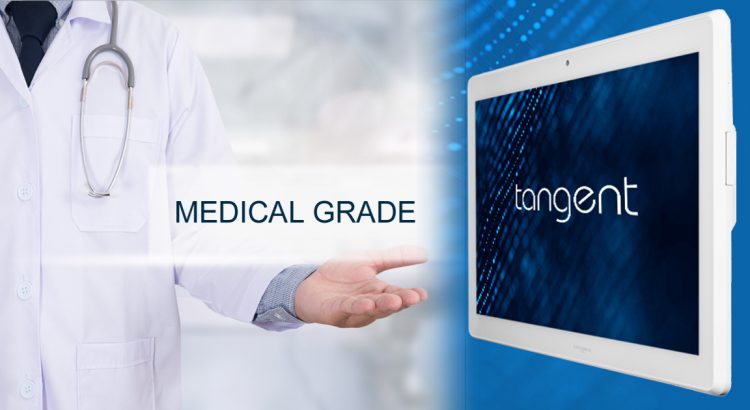
Digital Health Literacy: Why It Matters For Hospitals
Hospital administrators have always been concerned with digital health literacy since medical computers were introduced into the workplace. The pandemic has only exacerbated these concerns. According to the World Health Organization, digital health literacy is defined as, “the ability to seek, find, understand, and appraise health information from electronic sources and apply the knowledge gained […]
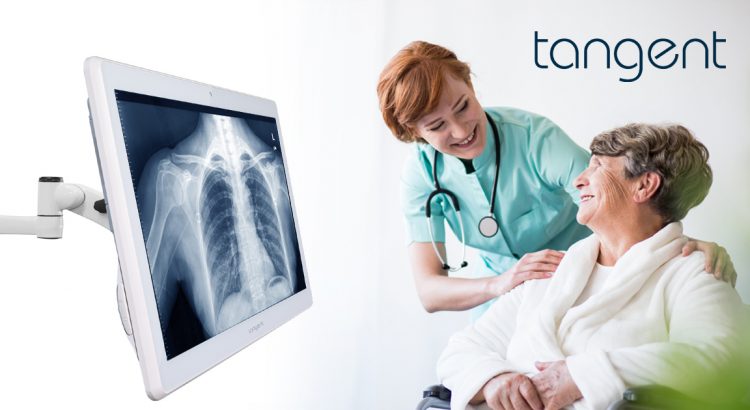
Medical Computers For Medical Imaging
Medical imaging has been one of the premier medical advancements of the last century. Doctors can utilize x rays, MRI machines, and tests to get a look inside a patient’s body. These processes have led to better diagnostic capabilities and a more precise medical process. But these imaging technologies are only as good as the […]
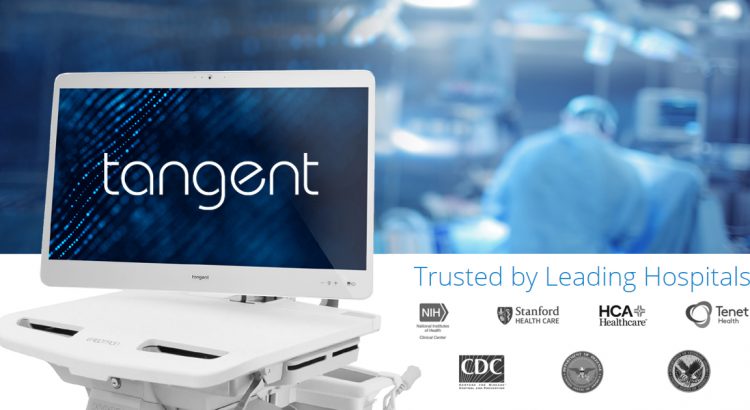
5 Uses For Medical Computers
It may seem like the uses of medical computers mirror those of traditional computers, and that the two are interchangable. They both send emails, can handle spreadsheets, and can access the internet. But the uses of medical computers are far more exact and tailored to the hospital environment. Here are five of the top uses […]
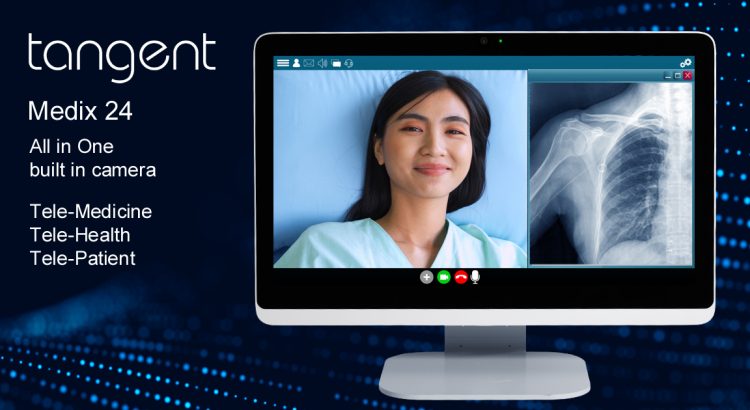
Tele-Health, Tele-Medicine, and Tele-Patient Appointments On Medical Computers
This pandemic has not only changed the way healthcare operates, but also how it is delivered. Virtual appointments were scarce before 2020, often used as an auxiliary option for patients. Now nearly any appointment that can be done online is. Tele-health, Tele-medicine, Tele-patient appointments all play increasingly important roles in the hospital. Despite their similar […]
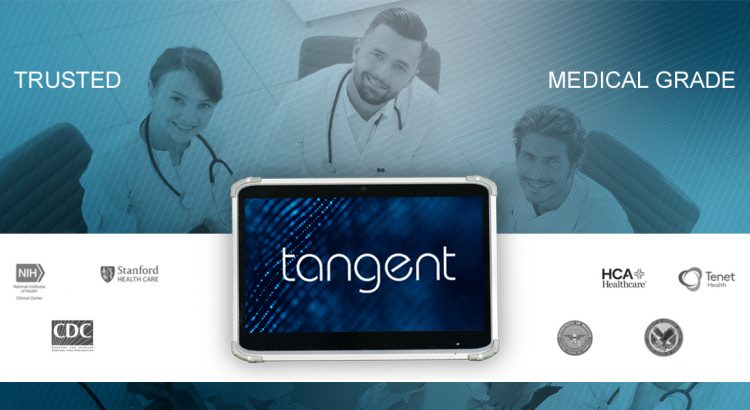
Best Medical Grade Computer For Operating Room Use
Operating rooms need to be sterile. While all areas of the hospital benefit from sanitary conditions, Operating rooms demand them. There is no room for error when your surgeons are at work. The wrong medical computer can pose serious risks in the operating room. From harboring bacteria to circulating dust, a non-operating designed medical grade […]
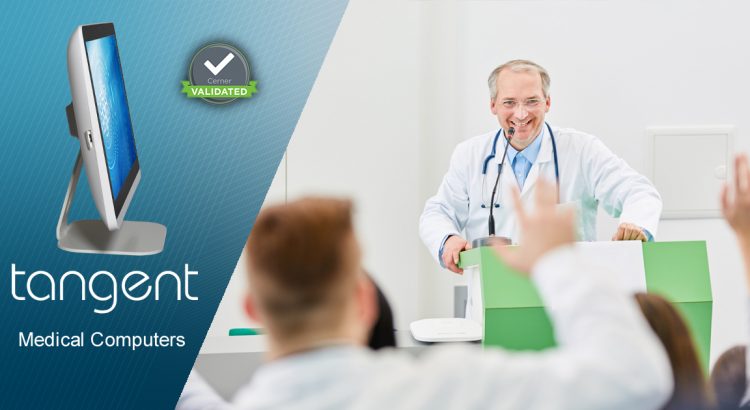
How Medical Computers Have Revolutionized Nursing
Nurses play a number of roles in the hospital. Whereas doctors work in specialized sections of the medical field, nurses play a less standardized role. Nurses wear many hats throughout their workday. They may start the day rooming patients and end it by ensuring a patient’s new medication regimen won’t have negative interactions. Because of […]
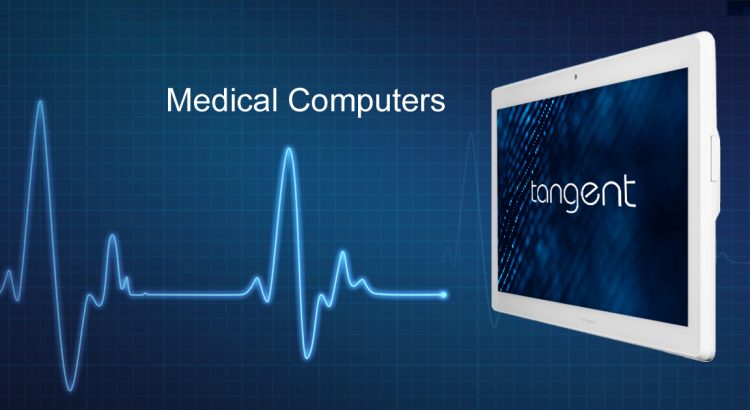
3 Workflows That Can Be Replaced With Medical Computers
Hospitals have learned a lot from this pandemic. Doctors, nurses, and medical assistants have all adapted to and overcome numerous challenges. Hospitals themselves were the site of many rapid advancements and have been pushed up years in terms of technological advancements. Yet hospitals’ workflows remain largely unchanged since the beginning of the pandemic. Hospitals should […]
